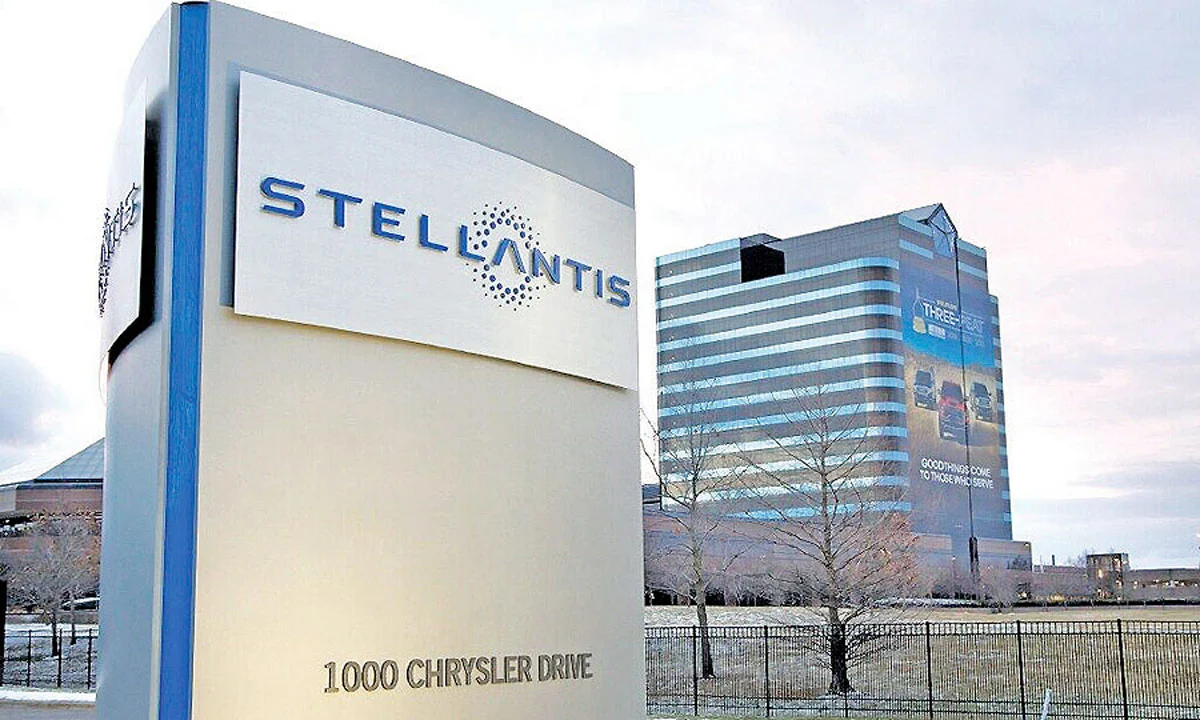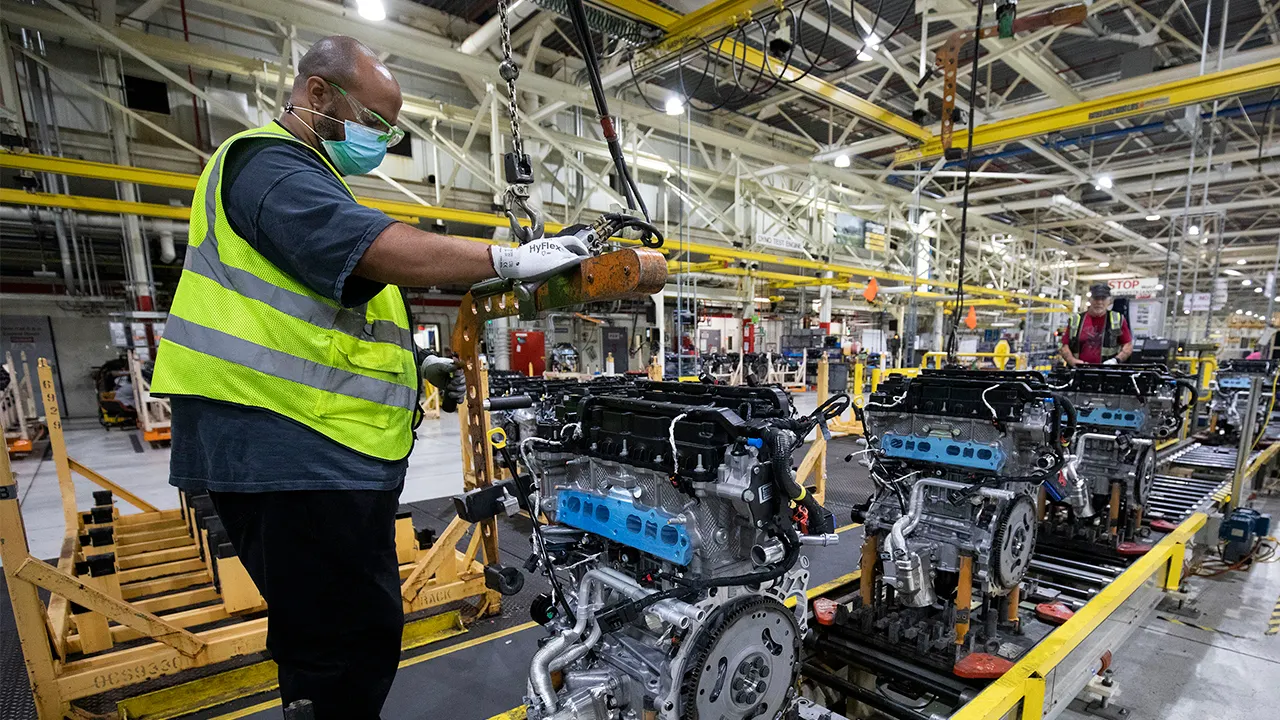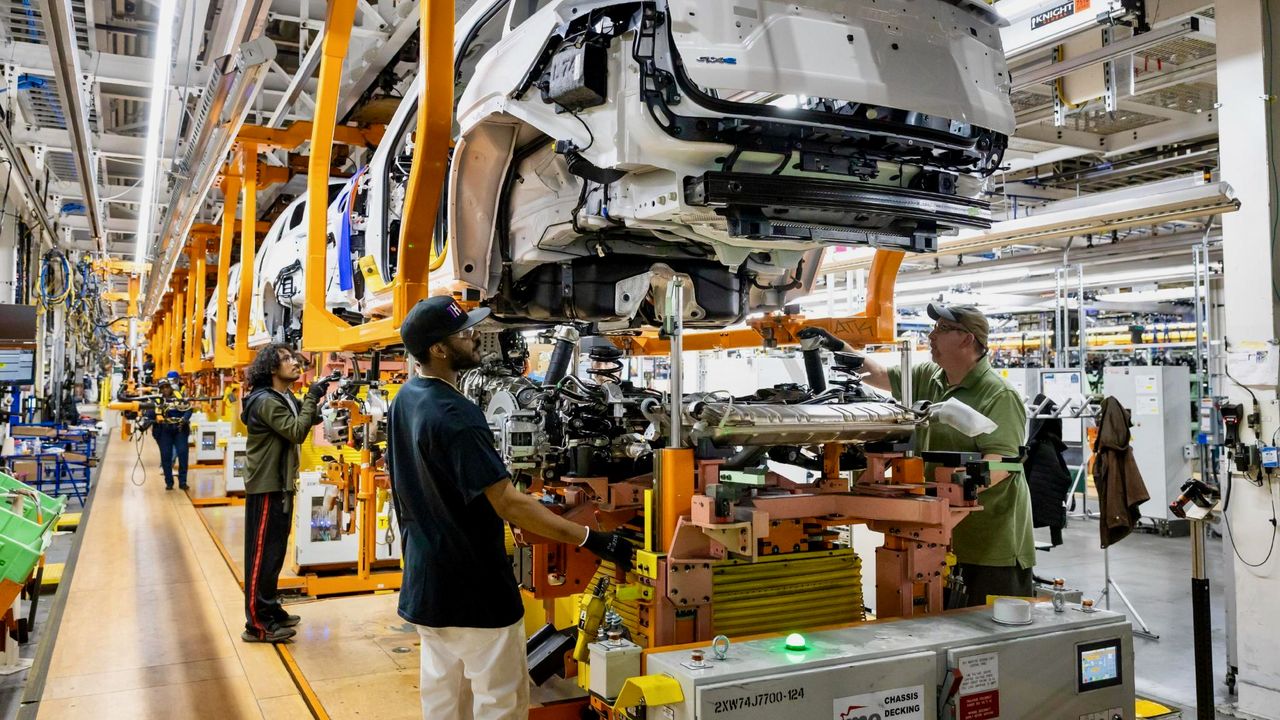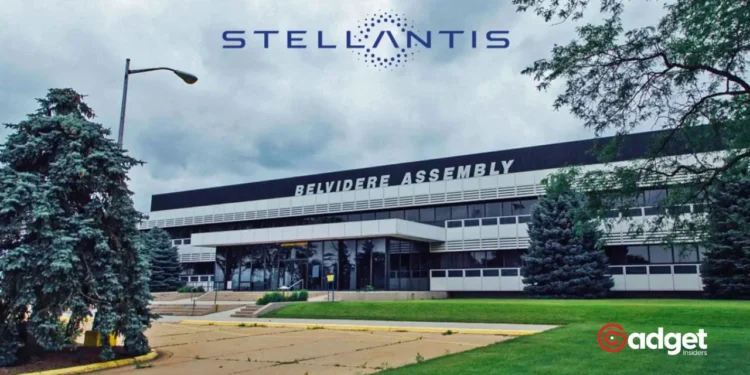Stellantis, the conglomerate behind Jeep and other prominent auto brands, has revealed plans to lay off an unspecified number of workers across its U.S. factories in response to a rapidly evolving global auto market. This move comes as the company grapples with the challenges of transitioning from traditional gasoline vehicles to electric autos, amidst declining sales and rising costs.

Strategic Shifts in Response to Market Dynamics
Stellantis’s decision reflects broader industry trends where major automakers are restructuring their operations to remain competitive in the burgeoning electric vehicle market.
The company, which employs approximately 43,000 factory workers, cited the need to enhance productivity and ensure long-term sustainability as key drivers behind the impending layoffs.
Stellantis plans factory worker layoffs in the coming months https://t.co/BViHlm0aKR
— The Detroit News (@detroitnews) April 23, 2024
In a statement released on Tuesday, the company emphasized, “These actions will help improve productivity and ensure the company’s long-term sustainability in a rapidly changing global market.”
This strategic pivot is partially influenced by the financial strain of increased capital expenditures required to support the shift towards electric vehicles, coupled with a decline in U.S. sales reported in the first quarter of the year.

The Impact of New Labor Costs
The layoffs also come in the wake of a new contract agreement with the United Auto Workers union, which has added to the company’s cost pressures. The company’s CEO Carlos Tavares has been vocal about the necessity of reducing costs globally to keep electric vehicles affordable for the middle class.
He highlighted the cost disparity between electric and gasoline vehicles, noting, “Electric vehicles cost about 40% more than those powered by gasoline. Without cost reductions, EVs will be too expensive for the middle class, shrinking the market and driving costs up more.”
Recent Workforce Adjustments
The specifics of the layoffs remain vague, with the company withholding details about the exact timing and reasons behind the decision. However, Automotive News reported that 199 full-time workers had already been laid off at Stellantis’s Ram pickup truck factory in Sterling Heights, Michigan.
In addition to the factory layoffs, Stellantis has also reduced some of its white-collar workforce earlier this year, underscoring the company’s broader cost-cutting measures.

Looking Ahead: The Future of Stellantis and the Auto Industry
As Stellantis navigates these challenging times, the auto industry at large is watching closely. The shift towards electric vehicles represents a significant transformation in automotive technology and market demands. For Stellantis, balancing the need for innovation with cost efficiency is crucial to maintaining its competitive edge and market share.
The outcome of these layoffs and restructuring efforts will likely have far-reaching implications, not just for the company and its employees, but for the global auto market’s future trajectory.
In conclusion, Stellantis’s recent announcement is a stark reminder of the continuous adaptation required in the auto industry. As companies like Stellantis strive to align with the future of automotive technology and consumer preferences, the path forward involves tough decisions that will reshape the industry’s landscape.









